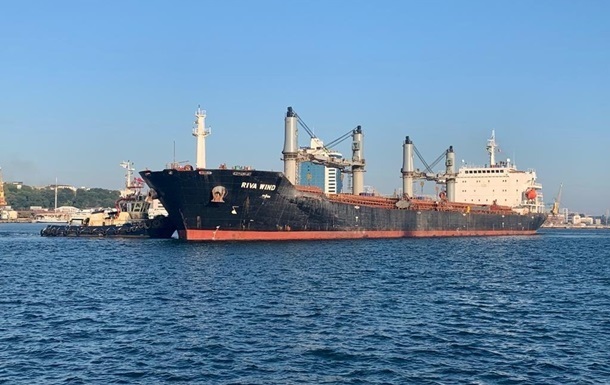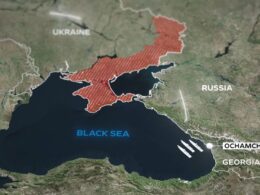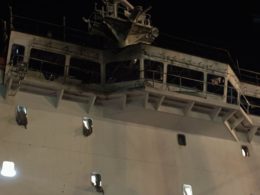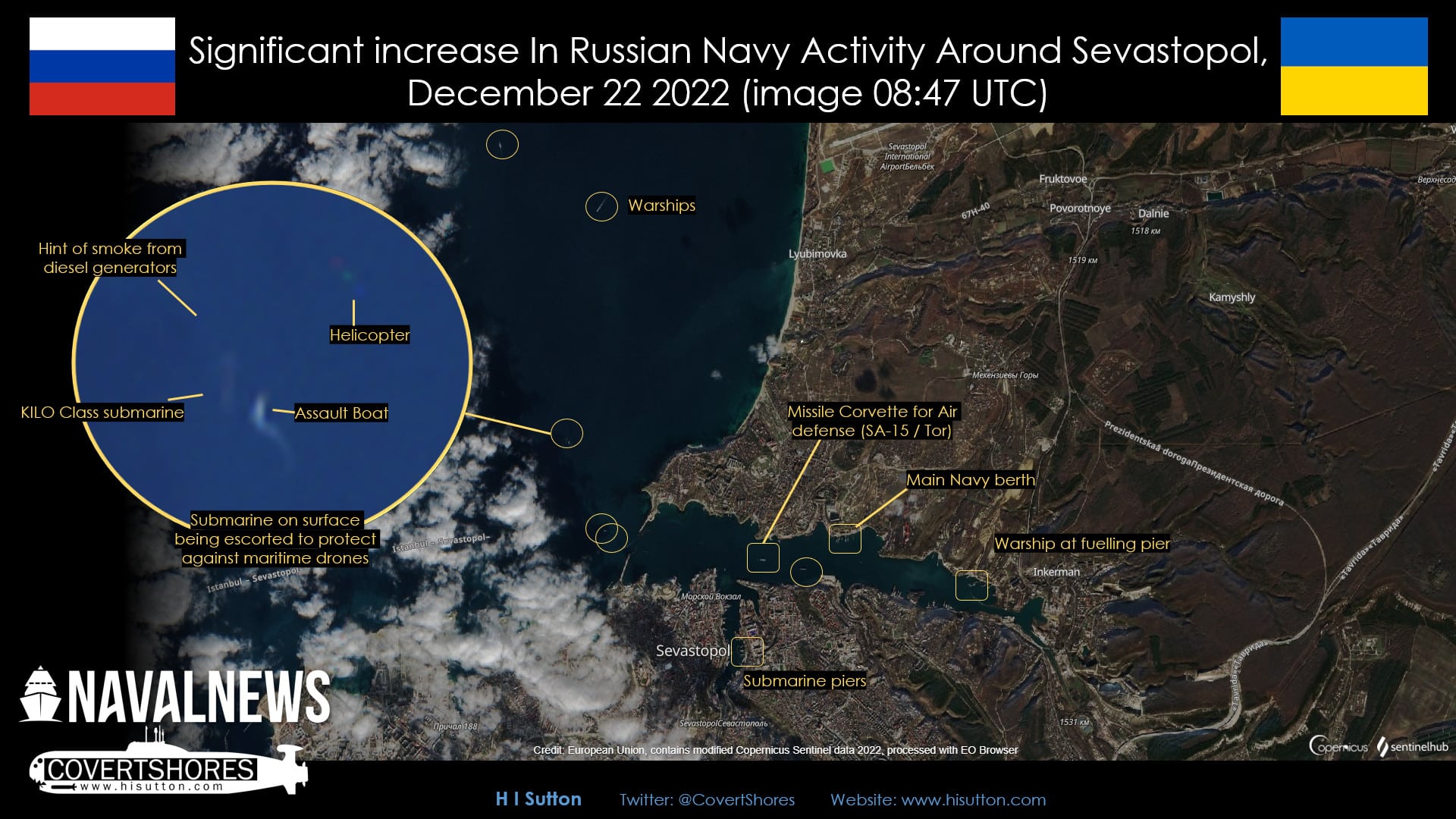On the same day, another vessel - the cargo ship Briza - was heading to one of the Ukrainian ports, according to the report.
The Bull, a Panamax type bulker, had a substantial deadweight of 82,000 tonnes and entered the Ukrainian port for loading on 12 October. The other two vessels, Ramus and Bahar K, had deadweights of 6,000 tonnes and 8,300 tonnes respectively, entering the port via this temporary route on 13 October.
As per the CTS's estimates, a significant number of 33 vessels, including the cargo ship Briza, have utilized this newly announced route to access the ports of Odesa Oblast. In total, 57 ship passages in both directions have been recorded since its implementation.
Russia maintains a de-facto blockade of Ukrainian seaports from the beginning of its full-scale invasion of Ukraine in February 2022. Last summer, the UN and Türkiye brokered a “grain deal” with Russia to enable Ukrainian agricultural exports by sea. Russia, however, exited the deal this summer, jeopardizing the exports.
In response, Ukraine announced temporary routes for merchant vessels on 10 August 2023. The primary intent was to ensure civilian vessels could continue their operations amidst Russia's increased maritime aggression, thereby demonstrating Ukraine's commitment to safeguarding its maritime trade.
Read also:
- UK Intelligence: Russia may continue targeting civilian shipping in Ukraine
- Frontline report: Ukraine regains control of Black Sea shipping lanes; Russia shoots down own jet
- Reuters: Turkish cargo ship hit a mine en route to Ukrainian Black Sea port
- MarineTraffic: Five cargo vessels heading for Ukrainian Black Sea ports amid Russia’s blockade
- Reuters: Another cargo vessel sets off from Ukrainian Black Sea port amid Russian blockade
- Ukraine’s economy suffers as Russia destroys 280,000 tons of Ukrainian grain
- UK to monitor Black Sea against Russia’s “weaponization of Ukrainian grain”
- Second merchant vessel successfully sailed through temporary corridor amid Russia’s Black Sea blockade





